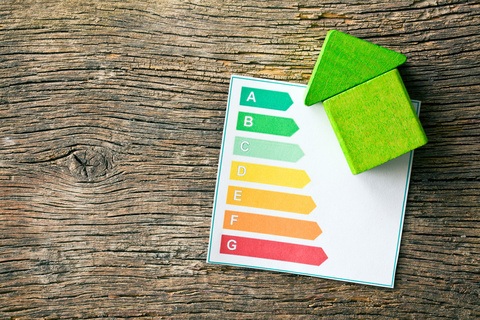Minimum energy efficiency standards for buy to let homes change from April 1, 2018 – and breaching the rules could mean landlords are banned from letting a property that fails to meet the new standards.
Some property experts are warning up to 300,000 private homes for rent could be affected.
The new rules mean all buy to let and shared homes in England and Wales must rate a minimum ‘E’ on energy performance certificates.
The standard applies to new tenancies and renewals of existing tenancies but will extend to all buy to lets by 2020.
Improvements under the rules include loft and wall insulation, draughtproofing and double-glazing.
Besides a ban on renting out for homes with an ‘F’ or ‘G’ rating, breaking the rules could mean a fine of up to £5,000, although some homes are exempt from the rules because of their construction or if they are of historic interest.
Properties that fail to meet the ‘E’ standard can remain rented out under a little-publicised clause in the regulations.
“Where a landlord believes that an ‘F’ or ‘G’ EPC rated property they rent qualifies for an exemption from the minimum energy efficiency standard, an exemption must be registered on the National Private Rental Sector Exemptions Register,” said a government spokesman.
Exemptions follow if energy improvements are recommended for a home, but the cost of purchase and installation cannot be financed at no cost to the landlord. Exemptions last for five years and after that time, landlords must try to meet the minimum energy standard again.
Evidence that improvements cannot be carried out includes showing Green Deal or other grant finance are unavailable.
Our detailed article about the new minimum energy efficiency rules is available here.




